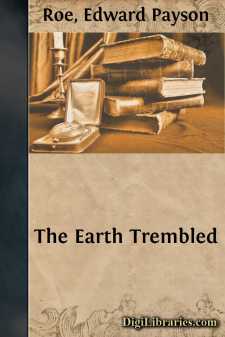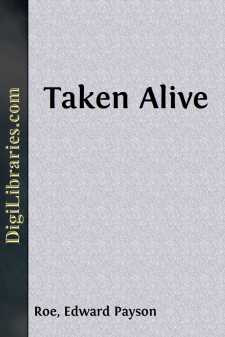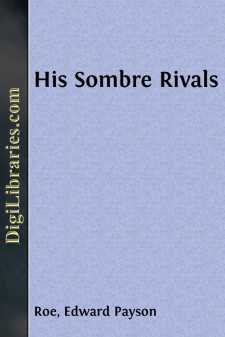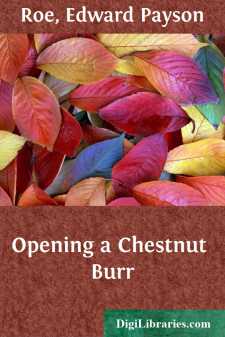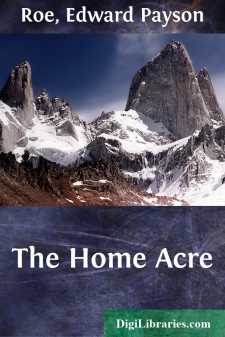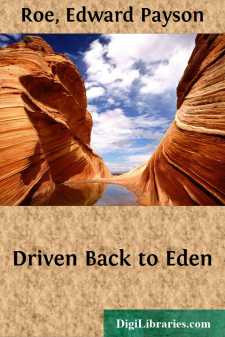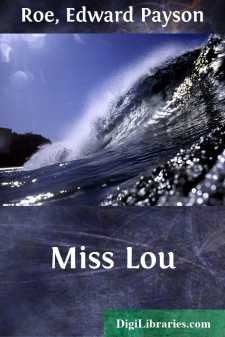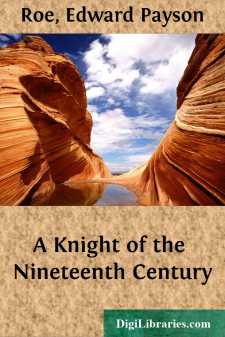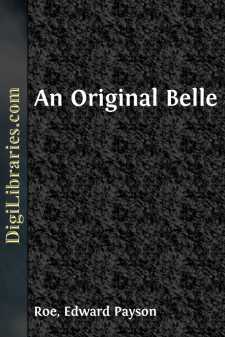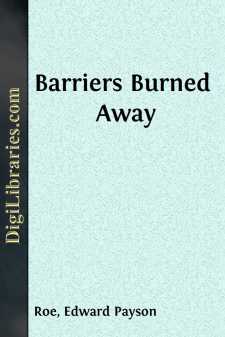Categories
- Antiques & Collectibles 13
- Architecture 36
- Art 48
- Bibles 22
- Biography & Autobiography 813
- Body, Mind & Spirit 142
- Business & Economics 28
- Children's Books 17
- Children's Fiction 14
- Computers 4
- Cooking 94
- Crafts & Hobbies 4
- Drama 346
- Education 46
- Family & Relationships 57
- Fiction 11829
- Games 19
- Gardening 17
- Health & Fitness 34
- History 1377
- House & Home 1
- Humor 147
- Juvenile Fiction 1873
- Juvenile Nonfiction 202
- Language Arts & Disciplines 88
- Law 16
- Literary Collections 686
- Literary Criticism 179
- Mathematics 13
- Medical 41
- Music 40
- Nature 179
- Non-Classifiable 1768
- Performing Arts 7
- Periodicals 1453
- Philosophy 64
- Photography 2
- Poetry 896
- Political Science 203
- Psychology 42
- Reference 154
- Religion 513
- Science 126
- Self-Help 84
- Social Science 81
- Sports & Recreation 34
- Study Aids 3
- Technology & Engineering 59
- Transportation 23
- Travel 463
- True Crime 29
The Earth Trembled
Description:
Excerpt
CHAPTER I
MARY WALLINGFORD
At the beginning of the Civil War there was a fine old residence on Meeting Street in Charleston, South Carolina, inhabited by a family almost as old as the State. Its inheritor and owner, Orville Burgoyne, was a widower. He had been much saddened in temperament since the death of the wife, and had withdrawn as far as possible from public affairs. His library and the past had secured a stronger hold upon his interest and his thoughts than anything in the present, with one exception, his idolized and only child, Mary, named for her deceased mother. Any book would be laid aside when she entered; all gloom banished from his eyes when she coaxed and caressed him.
She was in truth one to be loved because so capable of love herself. She conquered and ruled every one not through wilfulness or imperiousness, but by a gentle charm, all her own, which disarmed opposition.
At first Mr. Burgoyne had paid little heed to the mutterings which preceded the Civil War, believing them to be but Chinese thunder, produced by ambitious politicians, North and South. He was preoccupied by the study of an old system of philosophy which he fancied possessed more truth than many a more plausible and modern one. Mary, with some fancy work in her hands, often watched his deep abstraction in wondering awe, and occasionally questioned him in regard to his thoughts and studies; but as his explanations were almost unintelligible, she settled down to the complacent belief that her father was one of the most learned men in the world.
At last swiftly culminating events aroused Mr. Burgoyne from his abstraction and drove him from his retirement. He accepted what he believed to be duty in profound sorrow and regret. His own early associations and those of his ancestors had been with the old flag and its fortunes; his relations to the political leaders of the South were too slight to produce any share in the alienation and misunderstandings which had been growing between the two great sections of his country, and he certainly had not the slightest sympathy with those who had fomented the ill-will for personal ends. Finally, however, he had found himself face to face with the momentous certainty of a separation of his State from the Union. For a time he was bewildered and disturbed beyond measure; for he was not a prompt man of affairs, living keenly in the present, but one who had been suddenly and rudely summoned from the academic groves of the old philosophers to meet the burning imperative questions of the day—questions put with the passionate earnestness of a people excited beyond measure.
It was this very element of popular feeling which finally turned the scale in his decision. Apparently the entire Southern people were unanimous in their determination "to be free" and to separate themselves from their old political relations. His pastor with all other friends of his own rank confirmed this impression, and, as it was known that he wavered, the best and strongest men of his acquaintance argued the question with him....


